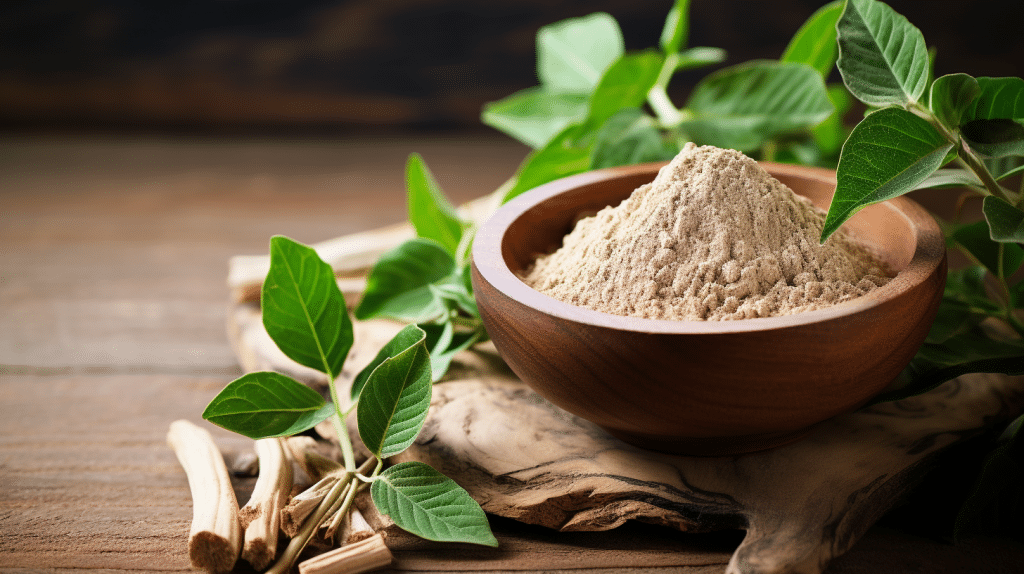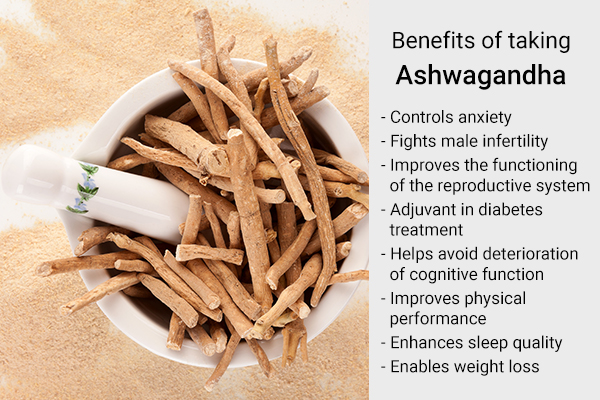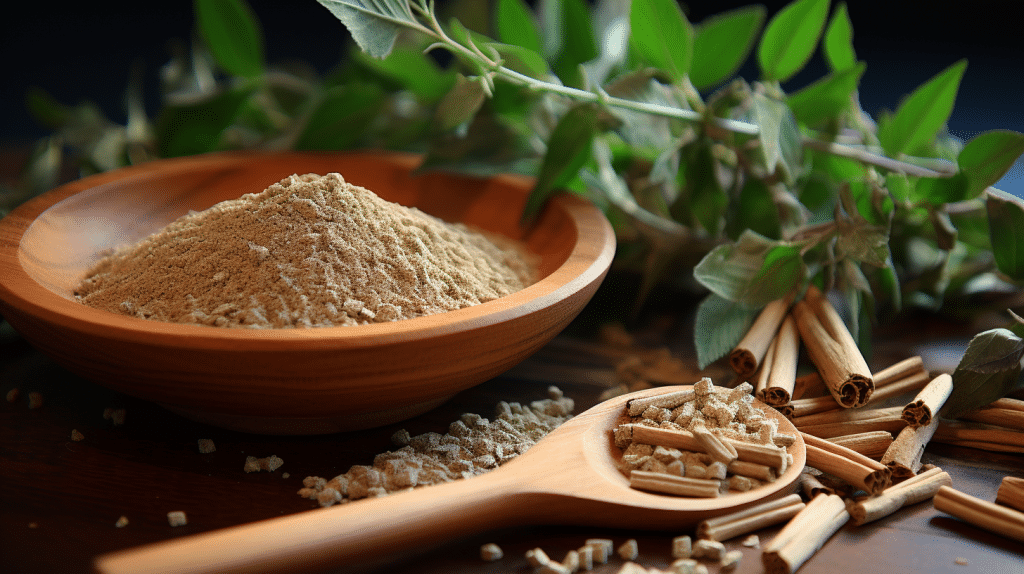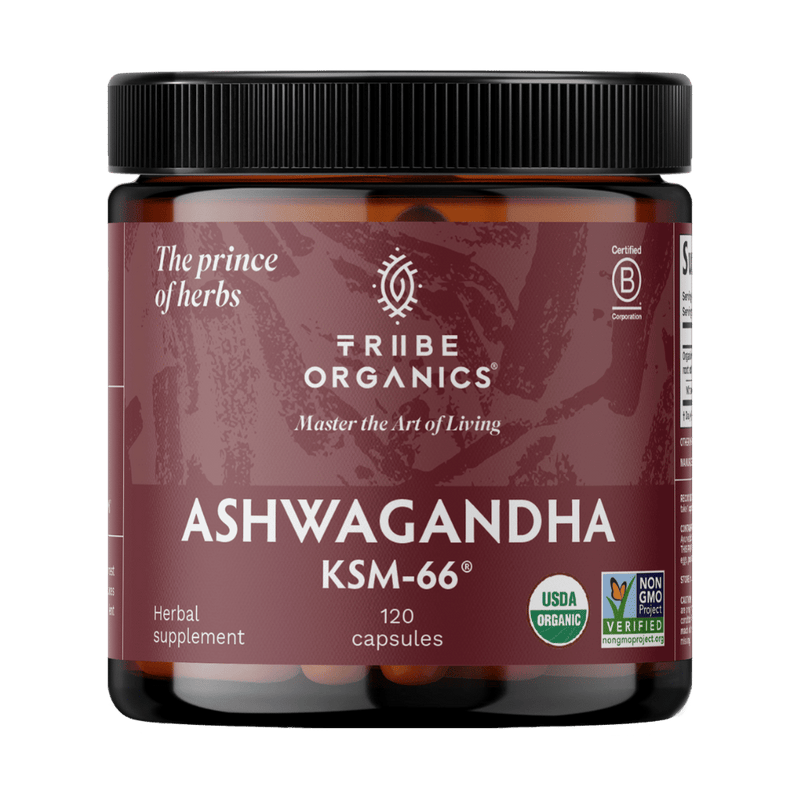Can I Take Ashwagandha And Probiotics Together

The quest for optimal well-being often leads individuals to explore various supplements, each promising a unique set of health benefits. Among the popular choices are Ashwagandha, an ancient medicinal herb known for its stress-reducing properties, and probiotics, beneficial bacteria touted for their gut health advantages. But a crucial question arises: Can these two potent allies be safely and effectively combined?
This article delves into the science behind combining Ashwagandha and probiotics, examining potential benefits, risks, and considerations. We will explore the existing research, consult with experts, and provide a balanced perspective to help you make informed decisions about your health regimen. Understanding the interactions between these supplements is paramount to maximizing their positive effects and minimizing any potential adverse reactions.
Understanding Ashwagandha and Probiotics
Ashwagandha (Withania somnifera) is an adaptogenic herb widely used in Ayurvedic medicine. It's renowned for its ability to help the body cope with stress, reduce anxiety, and improve overall well-being. Its benefits also include enhanced cognitive function, improved sleep quality, and potential anti-inflammatory properties, according to studies from the National Institutes of Health (NIH).
Probiotics, on the other hand, are live microorganisms that confer health benefits when consumed in adequate amounts. These beneficial bacteria primarily work in the gut, helping to maintain a healthy balance of microflora. This balance supports digestion, boosts the immune system, and can even influence mental health, as highlighted by the World Gastroenterology Organisation (WGO).
Potential Benefits of Combining Ashwagandha and Probiotics
Theoretically, combining Ashwagandha and probiotics could offer synergistic benefits. Ashwagandha's stress-reducing properties might complement probiotics' gut-health benefits, as stress can negatively impact the gut microbiome. A calmer body may foster a healthier gut environment, allowing probiotics to thrive and exert their beneficial effects more efficiently.
Furthermore, some research suggests Ashwagandha possesses anti-inflammatory properties. This could potentially soothe inflammation in the gut, creating a more favorable environment for the probiotics to flourish. Some studies show that inflammation can disrupt the gut microbiome, making probiotics less effective.
While direct research on the combined effects of Ashwagandha and probiotics is limited, some practitioners believe the combination may improve overall well-being. For instance, anecdotal evidence suggests that this combination could lead to improved sleep, reduced anxiety, and better digestive health.
Potential Risks and Considerations
Despite the potential benefits, it's crucial to consider the potential risks associated with combining Ashwagandha and probiotics. While both are generally considered safe, individual reactions can vary. It’s critical to always speak to your healthcare provider before beginning any new supplement regimen.
Ashwagandha can cause side effects such as stomach upset, diarrhea, and nausea in some individuals. Similarly, probiotics can sometimes lead to bloating, gas, or changes in bowel habits, especially when first introduced. Combining them might exacerbate these side effects in sensitive individuals.
Furthermore, Ashwagandha can interact with certain medications, such as immunosuppressants and thyroid medications. Probiotics are generally safe, but those with compromised immune systems should exercise caution. Therefore, consulting with a healthcare professional is vital, particularly if you have pre-existing medical conditions or are taking other medications.
Expert Opinions and Research Findings
According to Dr. Anya Sharma, a functional medicine practitioner, "While there isn't extensive research specifically on combining Ashwagandha and probiotics, the theoretical benefits are promising. Ashwagandha's ability to manage stress can indirectly support gut health, creating a synergistic effect with probiotics."
However, Dr. Sharma cautions, "It's essential to start with low doses of each supplement to assess individual tolerance. Monitoring for any adverse reactions and adjusting the dosage accordingly is crucial." She also emphasizes the importance of choosing high-quality supplements from reputable brands.
Currently, research is limited. Most evidence is anecdotal or based on the known effects of each supplement independently. More studies are needed to determine the optimal dosages, potential interactions, and long-term effects of combining Ashwagandha and probiotics.
Dosage and Timing Considerations
If you decide to try combining Ashwagandha and probiotics, it's essential to consider the appropriate dosage and timing. Start with the lowest recommended dose for each supplement, as directed on the product label or by your healthcare provider. This allows you to assess your tolerance and minimize the risk of side effects.
Timing can also play a role. Some experts recommend taking Ashwagandha in the evening to promote relaxation and improve sleep, while probiotics might be best taken on an empty stomach to enhance absorption. However, these are general guidelines, and individual preferences may vary.
It is always best to consult with a doctor or registered dietitian to figure out a supplementation schedule that suits your health needs. They can provide personalized guidance based on your specific health profile and any medications you may be taking.
Conclusion: A Personalized Approach is Key
The question of whether you can take Ashwagandha and probiotics together doesn't have a definitive "yes" or "no" answer. While the combination holds theoretical promise, the lack of extensive research necessitates a cautious and personalized approach. Understanding your body and listening to its signals is important in making the decision to take these supplements.
Ultimately, the decision to combine Ashwagandha and probiotics should be made in consultation with a healthcare professional. They can assess your individual needs, consider any potential risks, and help you develop a safe and effective supplementation plan. Remember, optimizing your health is a journey, not a destination.
As research continues to evolve, future studies may shed more light on the synergistic effects of Ashwagandha and probiotics. Until then, informed decision-making, guided by expert advice, remains the best approach to navigating the world of supplements.


















